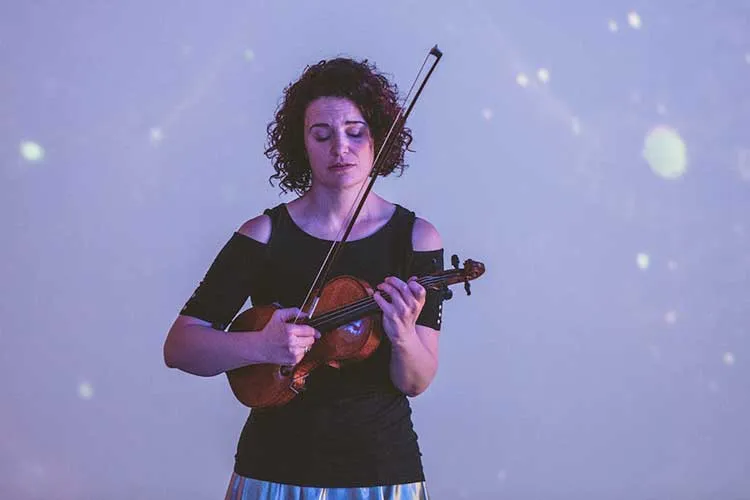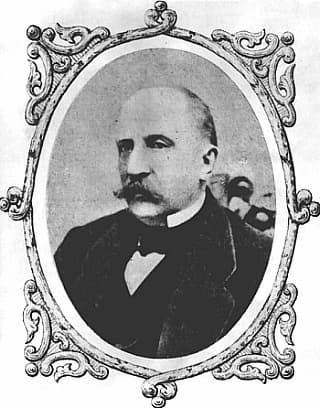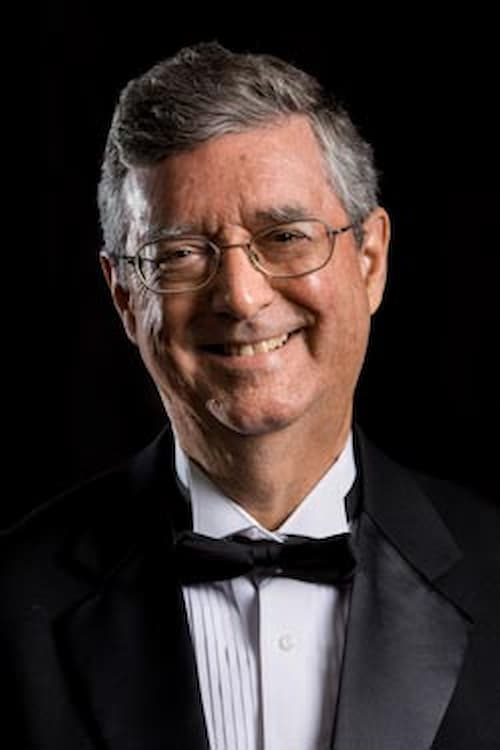Truth be told, I am almost apprehensive when watching or reading the morning news these days. Front pages and screens are full of yet more atrocities against humanity, and the death of innocent people from around the world is treated as a matter of course.
The philosopher and poet George Santayana (1863-1952) wrote, “those who cannot remember the past are condemned to repeat it,” and as a historian I would add that those who do remember the past are doomed to repeat it as well. It just depends on what version of the past actually fits the occasion or circumstance.
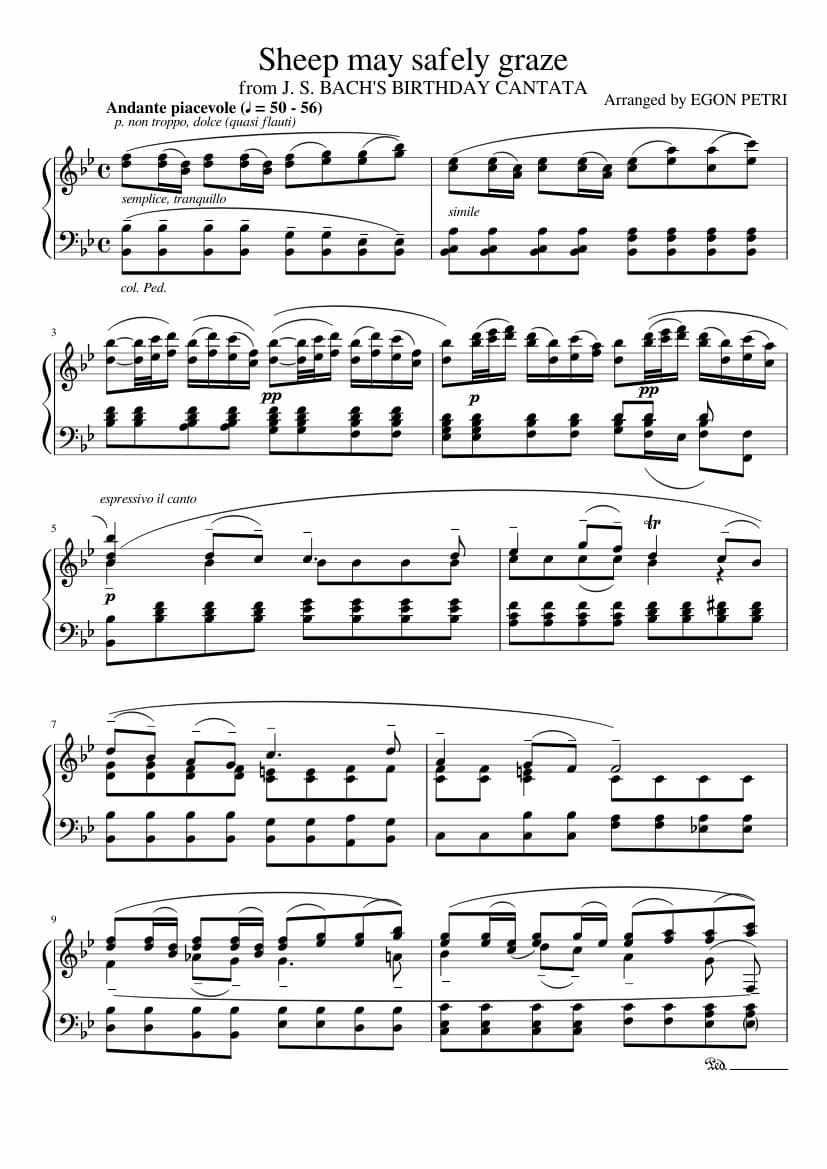
J.S. Bach’s Sheep May Safely Graze
It is beyond any individual or group to make sense of humanity and its overwhelming desire for destruction. So, the best I can do this Christmas Season is to find solace and hope in the other side of the human equation, in its capacity for kindness, empathy, and spirituality. By listening to some wondrous versions of J.S. Bach’s “Sheep may safely graze”, let us find the comfort to believe in a future where all people may live and sleep without fear.
Johann Sebastian Bach: “Sheep may safely graze”
The aria comes from a secular cantata dating from 1713, which celebrates the birthday of Christian, Duke of Saxe-Weissenfels. The cantata “The lively hunt is all my heart’s desire,” also known as the “Hunt Cantata,” is an extended setting of text by Salomon Franck, the Weimar court poet.
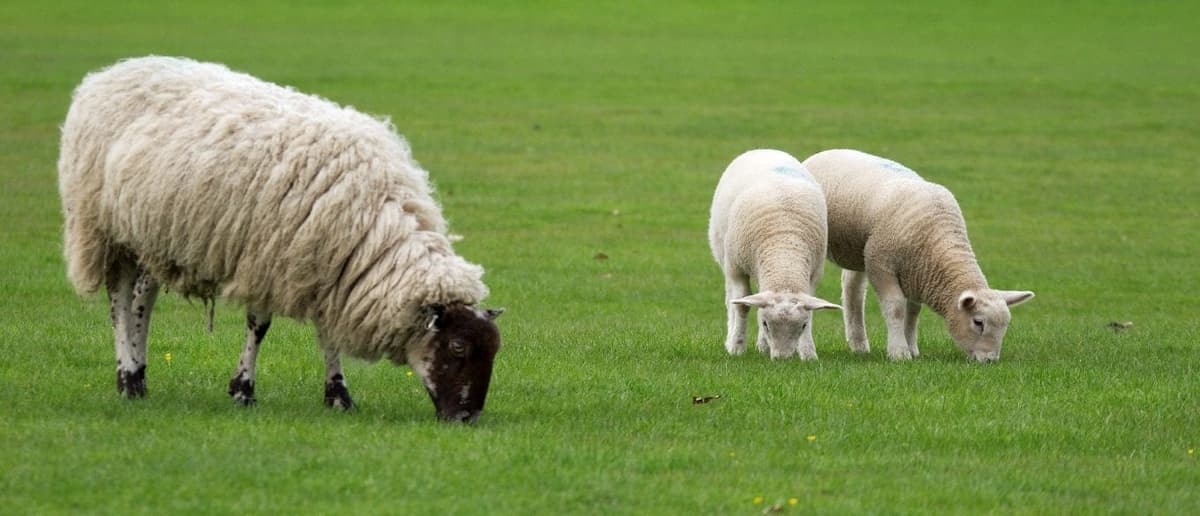
For his text, Franck drew on classical mythology, featuring the character of Diana, the goddess of the hunt. The poet also made the connection between good governance and the hunt. We know that the Duke was an avid hunter, but he was horrible with numbers and affected the financial collapse of his duchy.
Johann Sebastian Bach: “Sheep may safely graze,” (arr. T. Koopman for cello, organ and orchestra) (Yo-Yo Ma, cello; Ton Koopman, organ/cond.; Amsterdam Baroque Orchestra)
Bach himself was part of the birthday celebration, and he carefully selected his instrumentation featuring two horns, two recorders, two oboes, alto oboe, bassoon, two violins, viola, cello, violone, and continuo. Just as the horns were associated with hunting, the recorders were used for their pastoral associations.
Never letting anything go to waste, especially not fantastic music, Bach probably revived the works a few years after the original performance. Apparently, it subsequently honoured the Duck of Saxe-Weimar, Ernst August, and in 1742 the same music celebrated the name’s day of Augustus III. Two arias also appeared in church cantatas, one composed in 1725 and the other in 1728 or 1729.
Johann Sebastian Bach: “Sheep may safely graze,” (arr. Neville Marriner for orchestra) (Ian Watson, organ; Academy of St. Martin in the Fields Orchestra; Neville Marriner, cond.)
The music for this cantata was not published during Bach’s lifetime, but first appeared only in 1881 in the first complete edition of Bach’s work. And it was during the Bach revival in the 19th century that the aria “Schafe können sicher weiden” (Sheep may safely graze) became really popular. And in the 20th century, it became the all-time favourite music for weddings.
The title immediately evokes a pastoral scene, and in the cantata the aria is actually sung by the role of the ancient Roman god of shepherds, flocks, and livestock, Pales. This deity of shepherds is not bound to a particular gender; sometimes, it is depicted as male, while other sources consider it female. Maybe it’s both, as the Latin word “Pales” can be either singular or plural.
Percy Grainger: Blithe Bells, (arr. for wind band) (United States Military Academy Band)
Sheep can safely graze
where a good shepherd watches over them.
Where rulers are ruling well,
we may feel peace and rest
and what makes countries happy.
Johann Sebastian Bach: “Sheep may safely graze,” (arr. Kohei Minami for guitar)
Even though he composed magnificent music for the glory of secular rulers, Bach was guided by strong moral, ethical, and religious principles. He held himself to the highest moral and ethical standards and demanded the same from everybody around him. And he inscribed every composition with “To God alone be the glory.”
Bach humbly submitted to the divine will, and his music is crafted to the highest degree of self-critical reflection. As a commentator wrote, “there has never been, and perhaps never will be, a musician capable of combining different independent musical lines with such clarity and rigor.”
Johann Sebastian Bach: “Sheep may safely graze,” (arr. Gabriela Montero) (Gabriela Montero, piano)
Bach certainly did not live in a perfect world, but he knew what made him human. The critical self-reflection he applied to his music also guided his personal life, and this process of looking inward, this process of contemplation and gaining distance from all the frailties and flaws of humanity, speaks through his music.
For me personally, Bach’s music transports me into a universal realm where the mind and soul can find serenity and peace. I am sorry if I didn’t explain myself very well, but maybe you can find what you’re looking for in music as well.
For more of the best in classical music, sign up for our E-Newsletter

